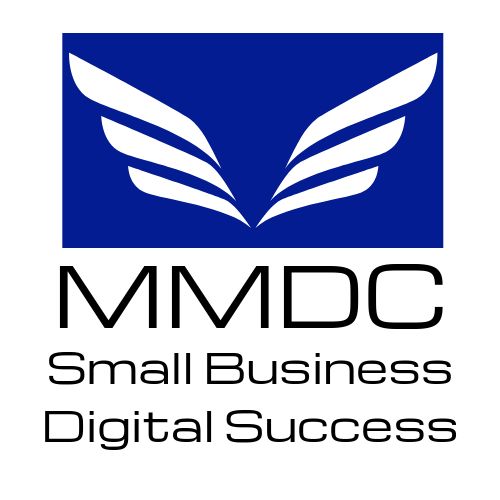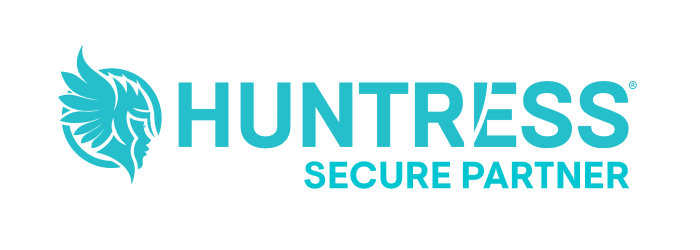Choosing the Right Social Media Channels for Your Business
A Guide to Identifying the Best Social Media Platforms for Your Business

Social media has become a vital tool for businesses of all sizes. With numerous platforms available, determining which social media channels are right for your business can be challenging. This guide will help you navigate the options by focusing on your business goals, target audience, and the distinct features of each platform.
Understanding Your Business Goals
Before selecting social media channels, defining your business goals is essential. Are you aiming to increase brand awareness, drive website traffic, generate leads, or improve customer engagement? Each platform offers unique advantages that can align with specific objectives:
- Brand Awareness: Platforms like Facebook, Instagram, and TikTok are excellent for reaching a broad audience and increasing visibility.
- Lead Generation: LinkedIn is ideal for B2B businesses, offering tools for professional networking and lead generation.
- Customer Engagement: Twitter and Facebook are great for real-time interaction and building relationships with your audience.
- Website Traffic: Pinterest and LinkedIn can drive significant traffic to your website, mainly if your content is visually appealing or industry-specific.
Identifying Your Target Audience
Understanding where your target audience spends their time online is crucial. Different demographics prefer different platforms:
- Facebook: Popular among a wide age range, particularly those aged 35 - 55.
- Instagram: Favored by younger audiences, especially 25 - 39 years old.
- LinkedIn: Best for professionals and B2B marketing, attracting users aged 27 - 59.
- Twitter: Used by a diverse age group, focusing on timely news and trends.
- TikTok: Dominated by Gen Z and young millennials, it is perfect for creative and viral content.
- Pinterest: Predominantly used by women, ideal for visually driven businesses like fashion, home decor, and DIY projects.
Analyzing Platform Features
Each social media channel offers unique features that can benefit different types of businesses. Here’s a brief overview:
- Facebook: With over 2.8 billion monthly active users, Facebook is excellent for reaching a broad audience. It supports various content types, including text, images, videos, and live streams. Its robust advertising platform allows precise targeting based on user demographics and behavior.
- Instagram: Known for its visual appeal, Instagram is perfect for businesses that can showcase their products or services through high-quality images and videos. Features like Stories, IGTV, and Reels offer diverse content opportunities.
- LinkedIn: This professional network is ideal for B2B companies. It’s a platform for sharing industry insights, networking with professionals, and generating leads through targeted ads and InMail.
- Twitter: With its real-time nature, Twitter is excellent for businesses looking to engage with their audience through timely updates, customer service, and trend participation.
- TikTok: TikTok’s short-form video content is excellent for businesses targeting younger audiences with creative and viral content. It’s a platform where trends can rapidly boost your visibility.
- Pinterest: This visual search engine is perfect for businesses in fashion, home decor, beauty, and DIY. It’s a powerful tool for driving traffic to your website through high-quality images and infographics.
Evaluating Competitors
Analyzing your competitors’ social media strategies can provide valuable insights. Identify which platforms they are using, the type of content they share, and their engagement levels. This analysis can help you understand what works in your industry and inspire your strategy.
Testing and Analyzing
Finally, don’t be afraid to experiment with different platforms. Track your performance through analytics tools to measure engagement, reach, and conversions. Adjust your strategy based on these insights to optimize your social media presence.
Choosing the proper social media channels for your business involves understanding your goals, audience, and the unique features of each platform. By following this guide, you can develop a tailored social media strategy that enhances your online presence and drives business growth.












